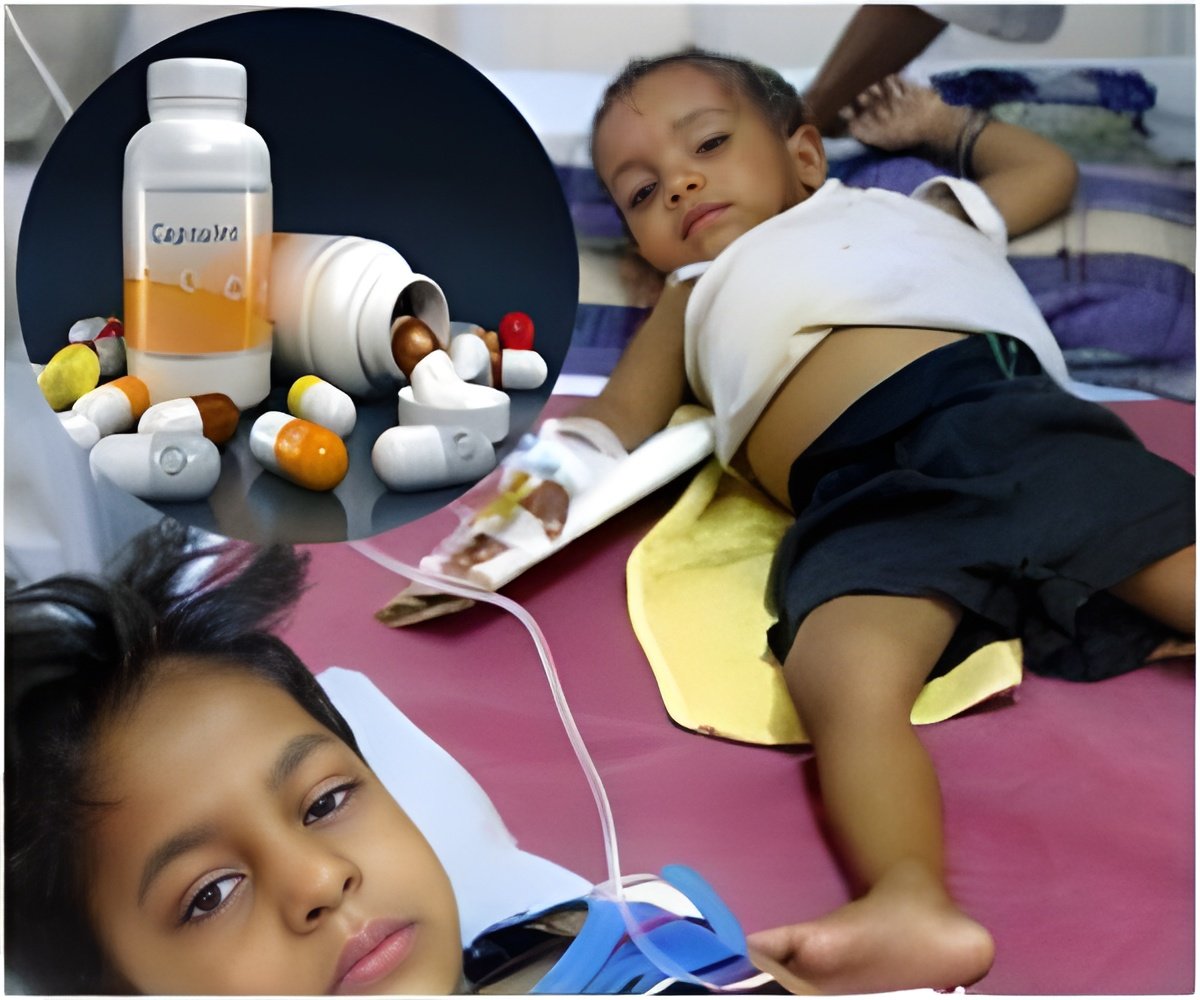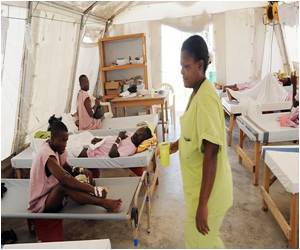Zimbabwe's capital Harare was at risk of repeating a cholera outbreak five years ago that killed over 4,200 people, warns Human Rights Watch.

"In many communities there is no water for drinking or bathing, there is sewage in the streets, there is diarrhoea and typhoid and the threat of another cholera epidemic," Tiseke Kasambala, the southern africa director of HRW said.
"Harare's water and sanitation system is broken and the government isn't fixing it."
A 60-page report warned that history showed the risks of doing nothing.
Crumbling infrastructure led to an outbreak of cholera in 2008 which killed over 4,200 people and infected 100,000.
While deadly, the disease is easily preventable with clean water and proper sewage.
Several suburbs in Harare don't have tap water and people are forced to queue for hours to collect water.
Source-AFP
 MEDINDIA
MEDINDIA




 Email
Email







